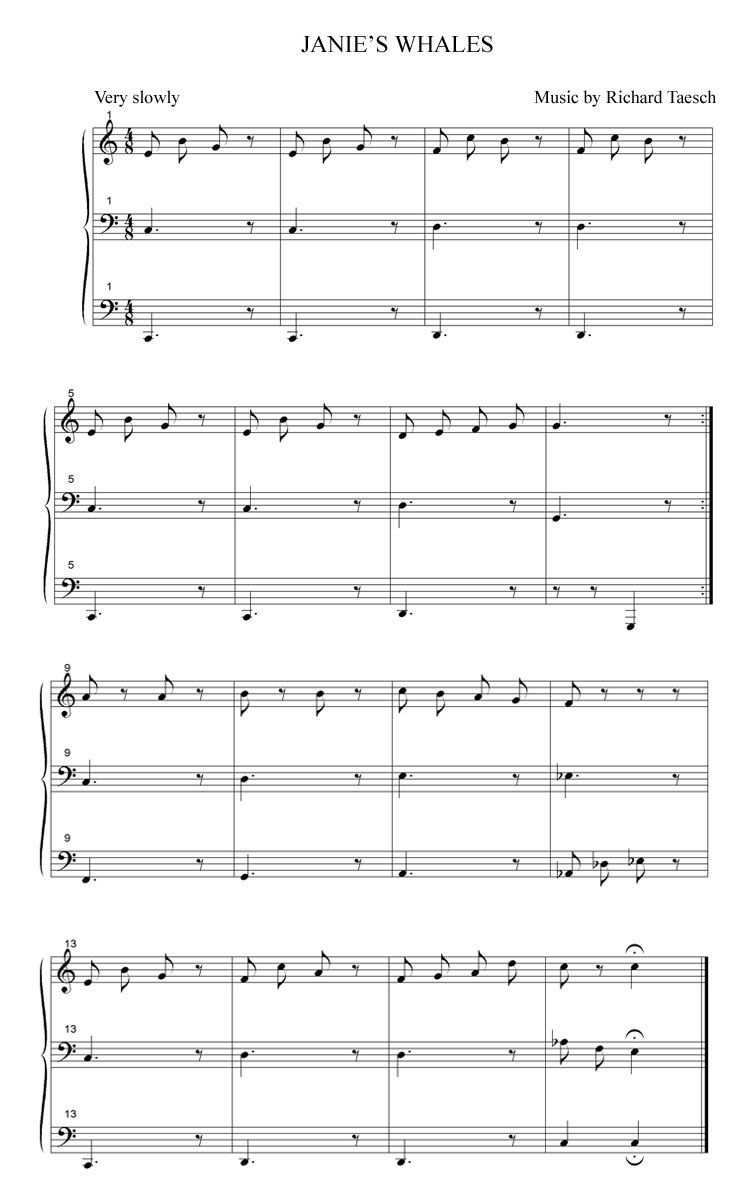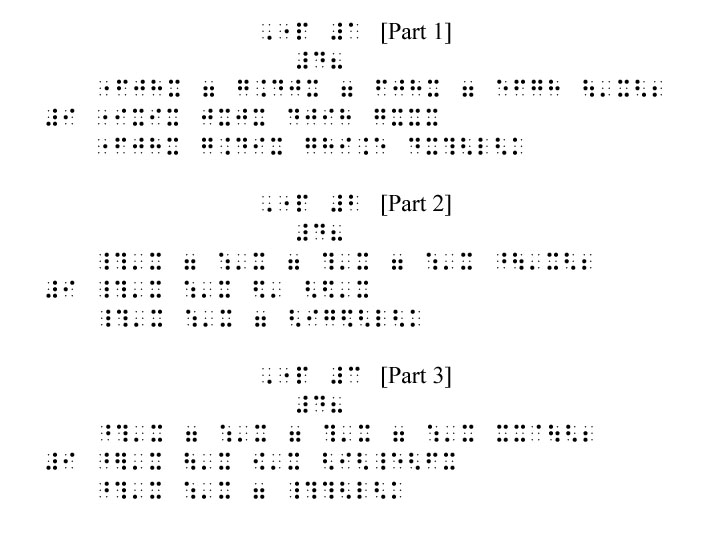

MENVI newsletters and journals began long ago in 1997. All are available on our site, however it is not unusual for someone to be looking for a particular subject for a research project, or simply to be searching for a subject of special interest. The daunting task of compiling all titles for contributed articles and various other subject headings has been on our minds for many years; it has now become a reality! Thanks to our Webmaster and his team of online helpers, members and the public at large will now be able to access links to a list of subjects, article titles, and most primary information contained in our periodicals dating back to1997 beginning with Issue No. 1. Go to: www.menvi.org/article_listings.html or simply click on “article subject listings” anywhere that it appears on the site itself.
Our MENVI Advisory Committee was recently asked to vote on two very important issues: (1) Should the new article & subject titles listing on our website contain all titles and subjects, or should it contain only formal titles by contributing authors and the editor? (2) Would three periodical publications per year as opposed to four be approved in order to reduce costs and work load?
With respect to article listings, the vote was somewhat divided, so we have decided to compromise, in that subtitles and unnecessary subject lines will be removed, leaving only that which will maintain the history and subject information.
With respect to three issues as opposed to the current four, all were in favor of reducing our journals to three times per year. Be sure that you review your preferences as to print, braille, email, or subscription in order to assure proper delivery.
Following is a fine article that resulted from an energetic exchange recently conducted on our MENVI discussion list. Be sure to subscribe to the list, if you are not already doing so
Music camp—the words bring a thrill. Children and parents yearn for a place where music can be made, not just between school and other activities, but nearly all the time; a place where there are sure to be others with compatible interests. The number of music camps for blind people is small, but the good news is that there are more than there used to be. Each has a different emphasis, catering for people at different ages and levels, and with different goals. MENVI takes seriously the responsibility of informing members about camps. The list below is incomplete, but we hope it's enough to get you started or provide the impetus for getting more going.
Braille Beats, Lions Bear Lake, Lapeer, Michigan - Dates for 2012, June 16-24: For ages 9 to young adult, plus post-secondary students at the college or career level: The program offers a structured week in the fine arts, covering not only music, but creative movement for spatial awareness and flexibility, sculpture, and opportunities encouraging independence. Music classes include theory, physics of sound, notation, including braille music, technology, building good practice skills, ensembles and individual instruction. Opportunities abound for displaying talents at concerts and art events. www.braillebeats.com
Camps at Schools for the Blind: Schools for the blind often run music programs, sometimes combined with activities to develop career awareness and independence skills. The model for this year is surely the North Dakota Vision Services/School for the Blind's program to be held over four days in July. The program will be run by Natasha Thomas, the school's Music Therapist and Braille Music Specialist, with special assistance from Bill McCann of Dancing Dots, and tailored towards students 4th Grade and up who are actively participating in their school's Band or Choir programs. General instruction on the Braille Music Code will be offered, with particular attention paid to the differences between print and Braille music, adaptations and technology available for interpreting music in either medium, and providing opportunities for students to practice advocating for their needs through scheduled interactions with other area performers and educators throughout the camp. Contact Natasha Thomas at
Summer Braille Music Institute, Overbrook School for the Blind, July 15-21: Sponsored by the National resource center, this claims to be an academic program and not a camp, nevertheless it has cookouts, swimming, and new friends talking into the night. This is for college-bound students—high school juniors and seniors, or students already in college needing to develop the skills and strategies for reading and writing music with special regard to preparing for music theory courses. Group and individual instruction covers braille music for sight reading, taking down melodic dictation, and reading pieces for one's instrument; writing out notation in print music using Lime Aloud from Dancing Dots; and theory, whether the basics, or specifics covered in syllabus of the upcoming college course. Opportunities abound for meeting fellow blind musicians and mentors and exploring resources and technology. MENVI members take note—we may have intern positions open for sighted teachers, who are looking to help out, observe, and take knowledge home to their own students. Contact David Goldstein at or read the brochure
Berklee College of Music, special laboratory course on assistive music technology for blind students: This course explores digital audio workstations using Sonar, notation using Sibelius, and Braille music using GOODFEEL. It is held in conjunction with the school's world famous Berklee Five-Week Summer Performance Program, the largest, most comprehensive summer music program available anywhere. The "five-week" attracts more than a thousand musicians from around the world. With its diversity of study options, world-class Berklee faculty, visiting artists, and state-of-the-art facilities, is the premiere contemporary music summer program for young musicians. Blind students coming for the laboratory course have exposure to all of this, plus the excitement of being in the midst of music life in the vibrant heart of Boston. Contact Bob Mulvey at
How to Locate Other Music Camps: Contact your state commission, school for the blind, Lighthouse, AER and Lions chapters; search on Google and ask on the listservs. Check the web site of the Northeast Regional Center for Vision Education, which has announced programs in the past.
For those who can't get to camp but want to use the summer for serious music study, bear in mind that several organizations and individuals offer distance-learning opportunities both for students studying independently and teachers. Some new and exciting offerings are around the corner. I will be glad to help you explore the options if you e-mail me at
Article adapted from CTEBVI Journal (formerly CTEVH), Spring 2010 – with permission
CTEBVI stands for California Transcribers and Educators of the Blind and Visually Impaired. It is open for membership to all who are interested in the educational welfare of blind individuals. www.ctebvi.org
In last issue I presented a trio work by Stephanie Pieck. In most music braille teaching situations, you will find students who may play different instruments, but are using the piano as a reading and learning tool. They may or may not ever study the piano as a solo instrument, but will always depend upon it as a “workbench” on which to learn or facilitate music for their chosen instrument or voice.
There is no better preparation for a blind student in eventual school orchestra and band participation than group work using the keyboard for music reading rehearsals.
Following is a trio piece written for a little blind girl who had the wonderful opportunity of making a trip to the country of Wales with her family. When she returned, all of her classmates at SCCM asked her: “Janie, did you see any whales there?” The following week the class was presented with this little composition.

For Part 1, by simply moving the five-finger position one key up or
down to place the thumb on the starting note of each measure (1-8),
your student can easily read and play the part simultaneously.

Is your membership roster information up to date?
Be sure to fill out an updated application online, or ask Jared to fax one to you
Dedicated to Bettye Krolick – a friend and mentor to so many:
“To laugh often and much; to win the respect of intelligent people and the affection of children; to earn the appreciation of honest critics and endure the betrayal of false friends; to appreciate beauty; to find the best in others; to leave the world a bit better, whether by a healthy child, a garden patch or a redeemed social condition; to know even one life has breathed easier because you have lived. This is to have succeeded.” – Ralph Waldo Emerson*
*Discovered by my wife, Sharon (Sandy) Taesch, circa 1975 [R.T.]
That completes the journal. Please select from one of the following links to continue.
| Journal 37 | Newsletters |
| Home page | Articles/discussion |
| What's New? | Application disclosure |
| Contact | Links |
| Privacy policy | presentations |
| Article and subject listings |
If you find broken links on this Web page, please Contact MENVI. Kindly be specific when reporting broken links, as this will aid in repairing problems more quickly.
You may call the Webmaster at 818-921-4976. You may also text the webmaster or voice on Whats App by using 804-442-6975. Please leave a message if there is no response. Include your name, phone number, and the nature of the problem. We will only contact you if we need aditional information. Enjoy the Site!
MENVI takes your privacy of your personal information very seriously. Since 2003, we've never sold, rented, disclosed, distributed or given any member information to anyone that is a non-member of this network. Contact information we have is not for sale! MENVI advisors info is for the public, and our web site has email links, and we can freely give out other information about them. Questions? Please contact us!